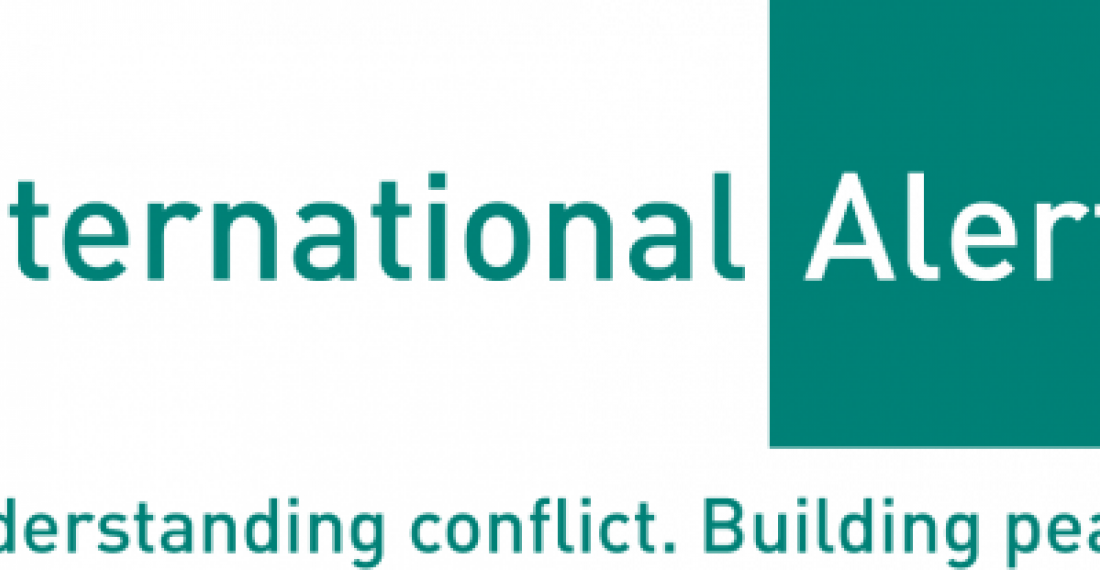К такому заключению пришли эксперты британской неправительственной организации, деятельность которой направлена на предотвращение конфликтов по всему миру, International Alert.
Сейчас более, чем когда-либо, необходимы диалог и изменение негативного отношения, отмечается в релизе организации. Кроме того, в сообщении отмечается: “International Alert находится на заключительном этапе проводимого в течение одного года исследования, ищущего ответа на вопрос, почему столь глубоко укоренились «образы врага» и негативные стереотипы в отношениях противоположных сторон конфликта. Исследованием были охвачены основные СМИ, блогосфера, политические дискурсы и учебники истории по всей территории Южного Кавказа. Исследователи Южного Кавказа (в том числе Армянские и Азербайджанские исследователи) совместно работали в межрегиональных группах и анализировали различные СМИ, которые отражают общественное мнение каждого из сообществ в этом регионе. Исследования СМИ по различным регионам Южного Кавказа демонстрируют вполне схожие результаты. Анализ блогосферы вывил «зеркальный эффект» между блогами каждого из регионов. Молодые блогеры этого региона главным образом обмениваются оскорблениями и используют язык, направленный на унижение и дегуманизацию «врага». Публикации в блогосфере провоцируют, в основном, ненависть и иные негативные чувства; блогеры зачастую прячутся за анонимностью интернета. Работа журналистов в этом регионе, хотя и менее анонимная, оказывается под влиянием аналогичных негативных тенденций. Интервью с журналистами данного региона по этическим дилеммам свидетельствуют о том, насколько трудно провести грань между объективностью и патриотизмом во времена конфликта; определенная информация может замалчиваться, в то время как информация иного рода широко публикуется. Анализ политических дискурсов выявил, каким образом конфликты или, точнее, концепция «внешнего» врага, зачастую используются в период выборов соревнующимися группировками внутри сообществ. Устойчивость представлений о врагах в определенной степени объясняется результатом тщательного анализа учебников истории в регионе. Учебники истории данного региона имеют тенденцию к упрощенному и одностороннему изложению истории, которая воспринимается детьми в раннем возрасте в качестве «правды».
Исследователи, которые работали в рамках одногодичного проекта, придерживаются строгих исследовательских методологий, нацеленных на достижение максимальной объективности и допускающих сравнительный анализ позиций различных конфликтующих сторон. Основные вопросы, которые возникли в результате этой работы – как преодолеть эти негативные дискурсы в информационном пространстве всего региона и в каждом из сообществ Южного Кавказа, и как, на таком фоне, можно изменить негативные отношения и построить позитивное взаимодействие.
International Alert будет заниматься целым рядом основных проблем, выявленных данным исследованием, в рамках некоторых своих будущих проектов. Часть этих проектов будет направлена на повышение компетентности и мастерства молодых журналистов и сотрудников СМИ в регионе.
Данное исследование как никогда подчеркнуло необходимость продолжения содействия развитию диалога и развитию возможности критического и независимого мышления, в частности, у молодого поколения жителей Южного Кавказа.







